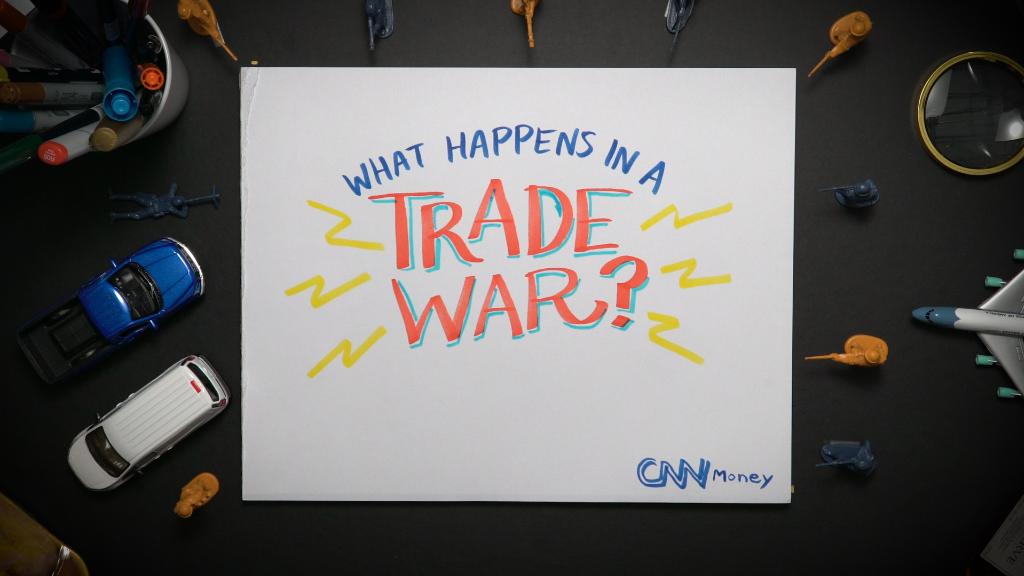
Tariffs on European automakers could hurt companies responsible for tens of thousands of American jobs.
The US Commerce Department is investigating whether there should be tariffs on all imported cars and car parts. But President Trump on Friday indicated he is aiming specifically at car imports from Europe.
"Based on the Tariffs and Trade Barriers long placed on the U.S. and it great companies and workers by the European Union, if these Tariffs and Barriers are not soon broken down and removed, we will be placing a 20% Tariff on all of their cars coming into the U.S. Build them here!," he tweeted.
But the automakers who would be most affected by the tariffs already build a lot of their cars here.
German automakers Mercedes, BMW, and Volkswagen all have plants in southern states and directly employ more than 20,000 US workers between them, primarily at those factories. Volvo is just starting production at its first US plant in South Carolina.
Presumably the cars built at the US plants would not be affected by tariffs. But those European automakers also ship some of the cars they sell in the United States from Europe. And the sales of those models could be hurt by tariffs, because a 20% tax would probably raise the price of the car by that amount.
"If suddenly vehicles are 20% more expensive, it's got to hurt sales," said Rebecca Lindland, analyst with Cox Automotive. "That would mean less money to invest in plants here as well as plants in Europe."
Lower sales will cost jobs at car dealerships, which employ more people than the automakers' assembly plants.
Related: Take that, America. Europe's tariffs take effect
BMW's largest plant in the world, in South Carolina, built 371,000 cars last year. It exported more than 70% of those cars to other countries. By contrast, BMW only imported 202,000 cars to the US from its German plants.
"The BMW Group has been a committed corporate citizen in the US for more than a quarter-century," said the company when asked for a comment on Trump's latest threat. "Free trade has made BMW's success and our investments and the jobs we sustain in the US possible."
Related: Why President Trump's obsession with German cars is misplaced
Most of the cars imported to the United States from Europe are luxury models. Volkswagen is a notable exception. It has a plant in Chattanooga, Tennessee, but it still imports some models from Germany. Volkswagen imports all of its luxury brands - Audi, Porsche, Bentley and Bugatti.
Fiat, which is part of Fiat Chrysler, also imports some non-luxury cars, although it represents a relatively small part of the company's US sales.
Lindland says American-made luxury cars probably won't benefit from tariffs on their European counterparts.
"If people buying these cars wanted to buy Lincolns and Cadillacs, they would be buying them already," he said. "I see it helping the used car market more. Or maybe those buyers will keep their existing vehicle longer and not buy anything."

